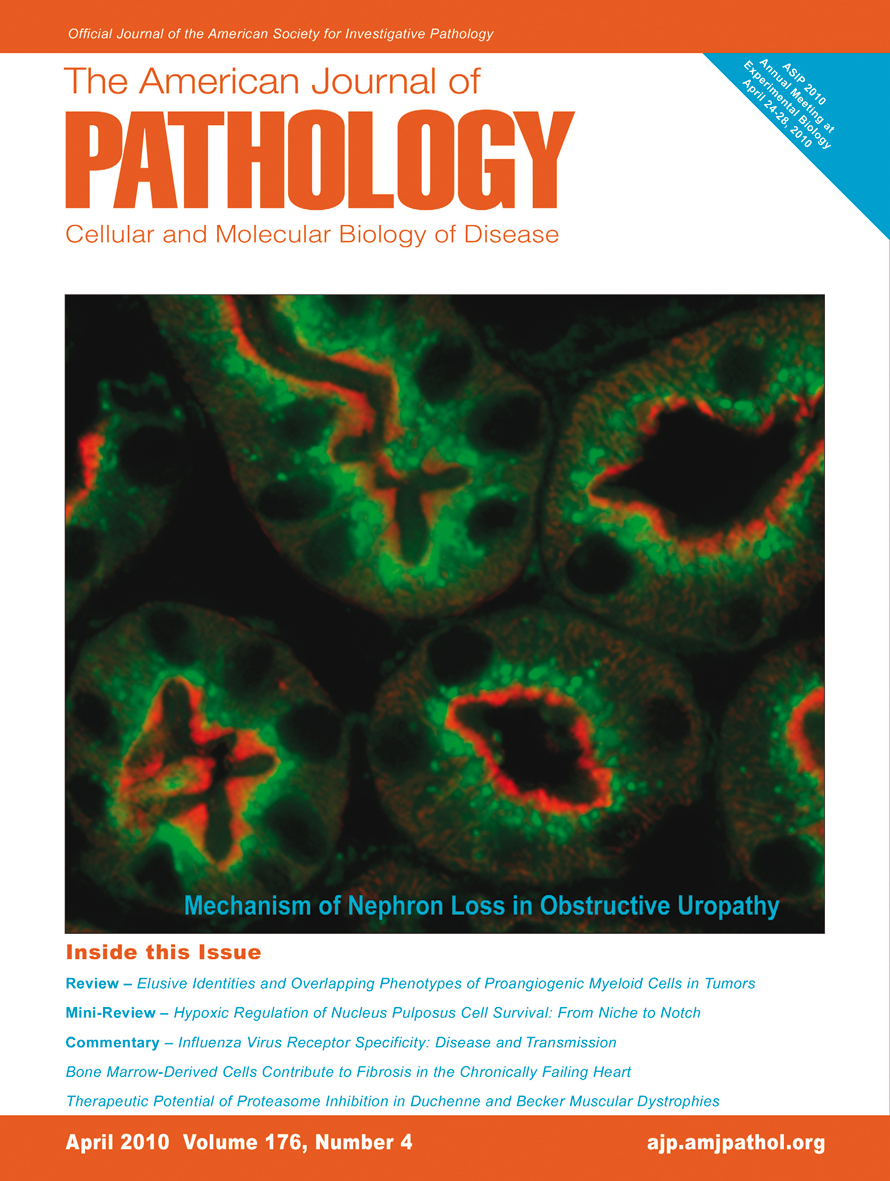en
Novel proteins regulated by mTOR in subependymal giant cell astrocytomas of patients with tuberous sclerosis complex and new therapeutic implications
Laureate of the “Homing Plus” programme of the Foundation for Polish Science
11.08.2010
One of them was Dr. Krishendu Ganguly from the Nencki Institute of Experimental Biology PAS, Laboratory of Molecular Neurobiology, headed by Prof. Leszek Kaczmarek. Dr. Ganguly was awarded nearly ...The Nencki Award 2008
06.08.2010
It is my very great pleasure to introduce the laureate of the First Edition of the Nencki Award. The Award was established by The Scientific Council of the Nencki Institute of Experimental ...The Nencki Award 2010
06.08.2010
Ernesto Carafoli, born in Italy in 1932, received his M.D. degree (1957) from the University of Modena and later his habilitation in general pathology (1965) and biochemistry (1968). In the 1960s ...New Laboratory at the Nencki Institute
03.08.2010
Dr. Piwocka’s lab will provide core-facility services, high quality expertise and training in flow cytometry for in-house and outside investigators. It will also be involved in research and ...

